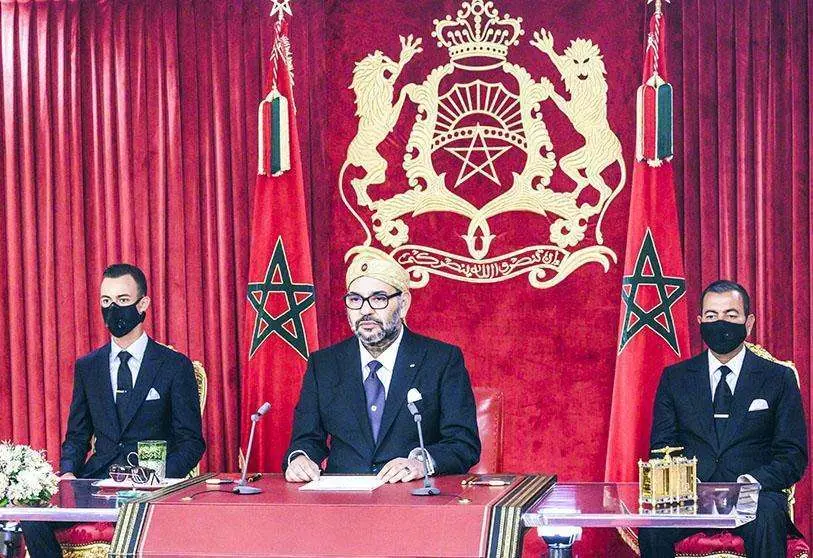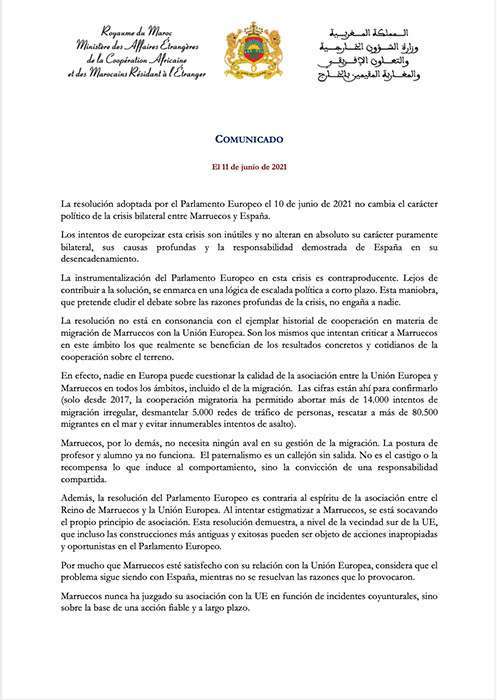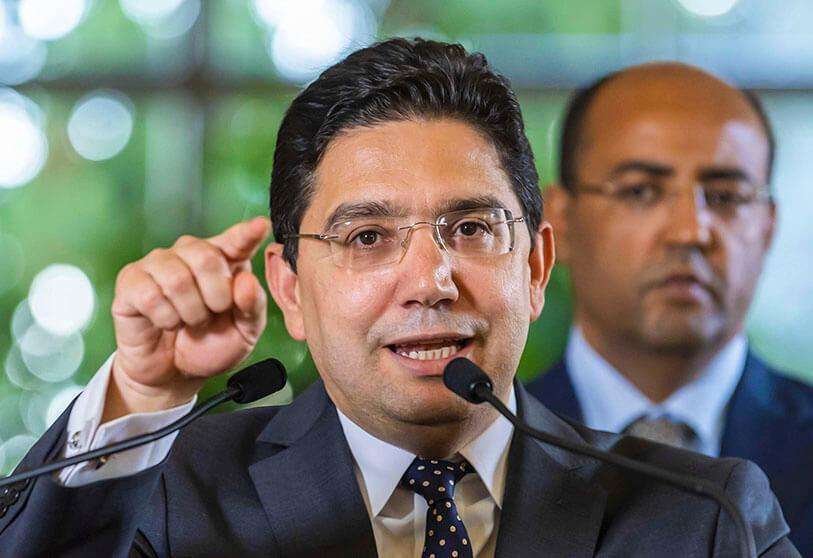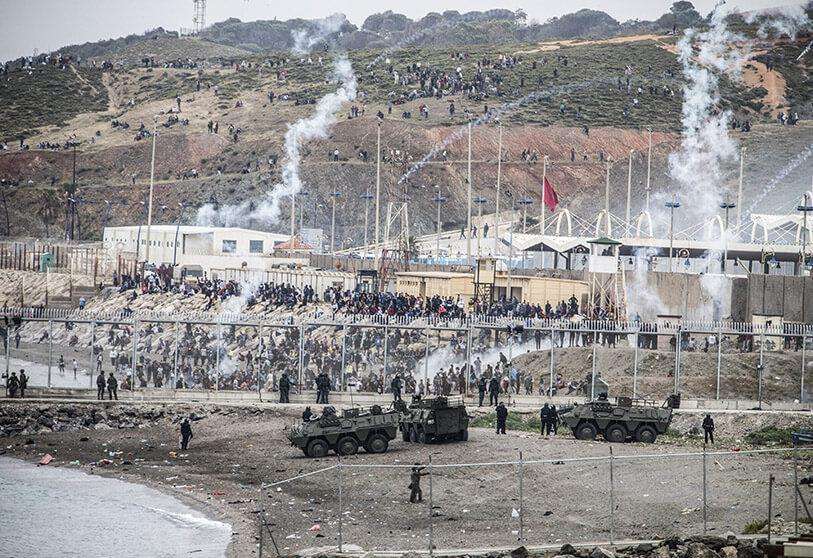Marruecos recalca que la crisis con España es “bilateral” y pide al Parlamento Europeo que se mantenga al margen

The political and migration crisis between Morocco and Spain has reached the European Union. After trying to act as a mediator between the two countries, Brussels has accused Rabat of using migration as a political weapon. In a resolution with 397 votes in favour, 196 abstentions and only 85 votes against, the European Parliament condemned Morocco's actions during this crisis.
The European Parliament condemns the Kingdom's moves as "blackmail" and stresses the use of minors and other vulnerable people to achieve its interests.
MEPs "deplore the involvement of children, unaccompanied minors and families in the mass crossing of the border from Morocco to the Spanish city of Ceuta, clearly putting their lives and safety at risk".
Brussels thus shows its full support for Spain, which, according to the resolution, has been subject to "political pressure".
Rabat has been quick to respond to the European Parliament's criticism. A statement from the Ministry of Foreign Affairs accused the European Union of trying to "Europeanise" this crisis. Furthermore, it stresses that this resolution will not contribute to the solution of the dispute between Morocco and Spain.

Nasser Bourita's Ministry also alluded to the migration pacts between Rabat and Brussels, asserting that the criticism "is not in line with Morocco's exemplary record of cooperation on migration with the European Union". "It is the same people who try to criticise Morocco in this area who actually benefit from the concrete, day-to-day results of cooperation on the ground," the statement said.
It also shows the figures achieved through cooperation between Brussels and Rabat. As the text assures, since 2017 the partnership in this field "has made it possible to abort more than 14,000 irregular migration attempts, dismantle 5,000 human smuggling networks, rescue more than 80,500 migrants at sea and prevent countless attempted assaults". The Moroccan Ministry considers that "it does not need any endorsement in its management of migration", while stressing that "paternalism is a dead end".
The communiqué goes on to slam the European Parliament, pointing out that the approved resolution is "contrary to the spirit of the partnership" between Morocco and the EU.

The Ministry ends the document by reiterating that the problem "remains with Spain, as long as the reasons that provoked it are not resolved". It also ends by changing the tone with Brussels, recalling that Morocco 'has never judged its partnership with the EU on the basis of conjunctural incidents'. He also re-emphasises positive cooperation on migration and the Euro-Mediterranean partnership.
The African institution asked the European Parliament not to intervene in the crisis between Rabat and Madrid. "The problems between the two countries are within the scope of bilateral relations. The crisis could be solved diplomatically and through bilateral negotiation, without the need to create a crisis with Europe," declared the Pan-African Parliament.
It also defends Morocco vis-à-vis Europe, stressing its 'role in the fight against terrorism, illegal immigration and human trafficking'.
The diplomatic crisis between Rabat and Madrid began at the end of April, when the Spanish government accepted Brahim Ghali, leader of the Polisario Front and the Kingdom's main enemy. The Spanish government justified his entry on "humanitarian grounds", as Ghali had health problems and urgently needed to be hospitalised. Since then, Morocco has criticised Spain for taking in the Polisario leader, until it finally decided to open its borders, causing a major migration crisis.

Today, the tension continues despite the fact that Ghali is no longer in Spain. La Moncloa is studying the possibility of abolishing the special regime for Ceuta and Melilla and including the enclaves in the Schengen area and the EU customs union, which would require a visa to enter from Morocco.








